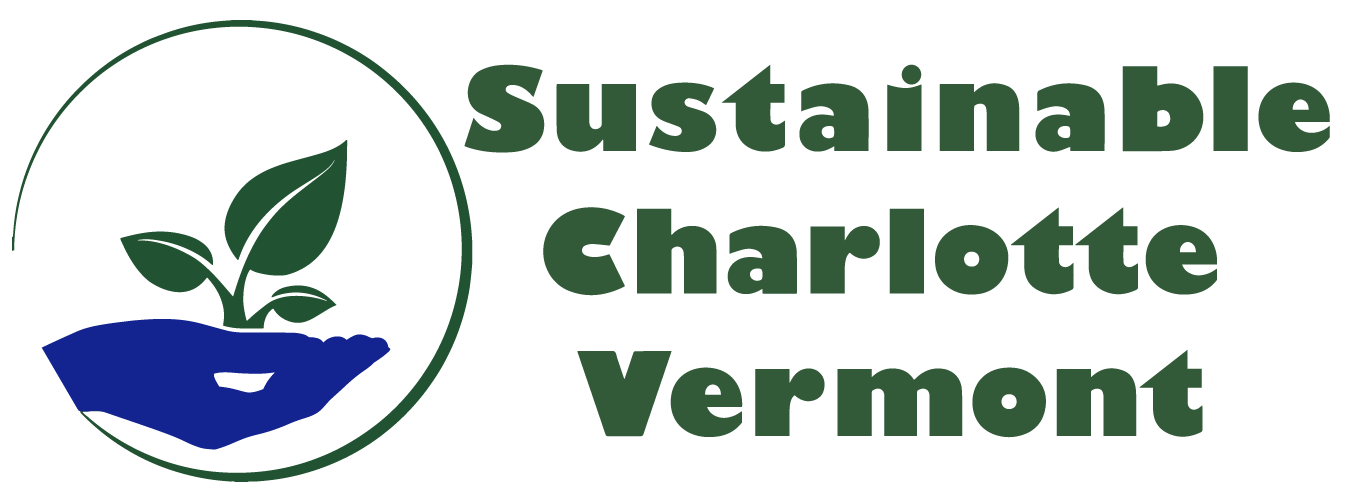Learning about Sustainability and Energy Resources
Let’s talk sustainability and energy resources….Merriam Webster defines sustainable as, “of, relating to, or being a method of harvesting or using a resource so that the resource is not depleted or permanently damaged.”
In general, there are renewable resources and non-renewable resources. Renewable resources will renew within a reasonable time scale if not over harvested, such as trees in a forest, or fish in the sea. Non-renewable resources are generally minerals or fossil fuels that exist at various concentrations in specific locations around the world and do not replenish on a human time scale.
Photo by Andreas Gücklhorn on Unsplash
The “harvesting” can only proceed with an energy expenditure, be it from human, animal, or machines. Whereas human and animal energies derive indirectly from solar-driven photosynthesis and are thus sustainable, machines typically require energy-dense refined liquid or gaseous fuels or electricity to operate and to be created. These fuels are still currently produced largely with non-renewable fossil energies. It is important to comprehend that without energy nothing moves; nothing is harvested; nothing lives.
There are three primary sources of “renewable” energy: solar, tidal, and geothermal (radioactive decay). In Charlotte and our region we have only direct solar and indirect solar (wind, hydro, and biomass). However, most of the energy we use locally today is still based on non-renewable fossil and nuclear fuels—here today, gone tomorrow. So between “today and tomorrow” we will be experiencing an energy descent; increasingly less energy will be available per capita.
Whereas energy descent will not affect the lifestyles of the wealthy initially, the less affluent will be affected by a decrease in mobility and an increase in the costs of food and shelter.
So, is our current lifestyle sustainable if forced to be dependent on only local resources in an energy descent future? Can we be self-sufficient in food production? Do we have enough forestry resources to heat our homes? Can we guarantee clean water and handle our wastes properly? And wither growth and development in an energy-descent future? These questions will be addressed in future blog posts.

